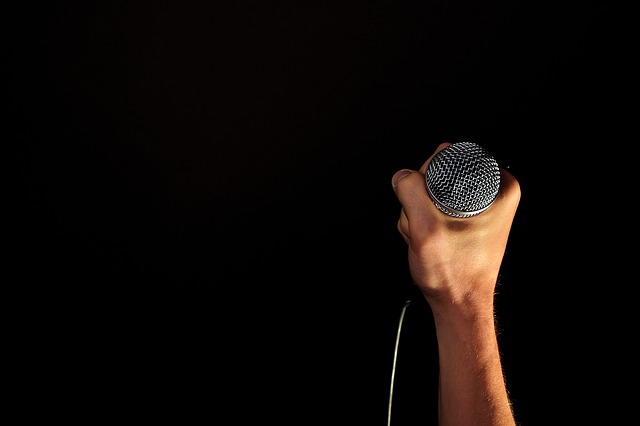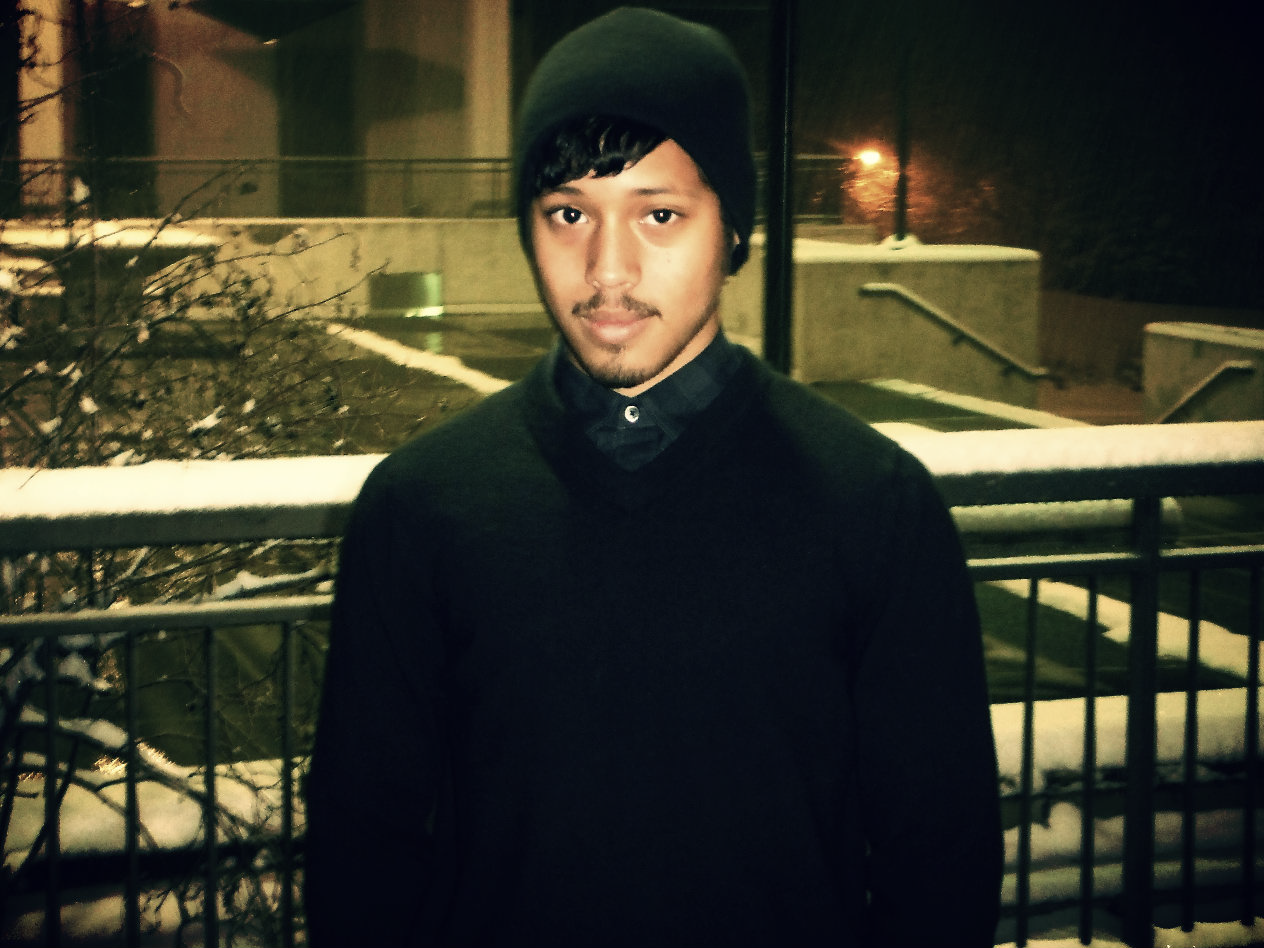by Keegan Sudkamp-Tostevin
What is free speech? Our understanding of this concept seems to be relatively clear. Most Westerners would define it as the idea that speech alone cannot constitute violations in law, so long as there isn’t an illegal call to action or credible threat behind it. We might disagree on the mild semantics, such as the extent of a legal call to action, but there is a fairly substantive definition behind it which the majority of people seem to rally behind. But what is this new idea of hate speech – this bastardized product of the era of the millennials, the era of political correctness, and the personalization of feelings that the two have ushered in? One could easily find a dictionary definition, but all currently standing definitions are weak and confused. Does it simply mean speech that has hate; speech that hates on a specific group, or speech that hates on a deserving group, or just a group we care about? The problem is that no one really seems to know.
Probably nothing illustrates this better than the recent happenings in France. The Charlie Hebdo incident in which Islamic terrorists attacked a satirical French magazine for portraying the Prophet Muhammad has recently become a rallying cry for Europe and the West to defend their ‘oh so precious’ rights to free discourse, but haven’t they already become withered and decrepit? France is notorious for imposing authoritarian anti-hate speech legislation, so much so that saying ‘stupid shit’ about a group the state likes is now actually a crime worthy of punishment. Think about this. Can you imagine you, or someone you know, actually being imprisoned for saying something politically incorrect, even in jest? Should my Jewish gaming partner be fined for mocking my reluctance to loan him cash in a video game by calling me a Jew, despite his status as one? And why are there certain groups for which it’s perfectly acceptable to stereotype and mock while others spell almost certain social isolation for daring to violate? The Romani, or Gypsies as they are colloquially known, are estimated by Dr. Ian Hancock, who studies Romani Populations at the University of Texas Austin, to have lost proportional amounts of population as the Jews in the Holocaust, and yet they are one of the most notoriously hated groups in Europe. They received no nation state at the end of the Second World War, they are still in a diaspora which makes them vulnerable to genocide, and they have no Anti-Defamation League. Yet the French police routinely discriminate against the young orphaned Romani on the streets and it is not uncommon to hear jokes made at their expense, yet no one is going to jail for Holocaust denying at their request. In fact, the 2010 French election was more or less carried on deporting them. They, by French law, should be completely in a position to demand censorship. As by extension should the Muslim group peacefully advocating for the removal of the cartoons be completely within their right under the hate speech laws by France’s’ own backwards and poorly defined laws anything uncomfortable may as well be hate speech. Libel is defined as, “ any allegation or imputation of fact striking a blow at the honor or the consideration of a person or a body to which that fact is imputed.” I f it hurts feeling why not censor it? And why weren’t they taken seriously: because most seem to think that it’s ok to hate Muslims in Europe. There is no why, only because.
This attitude is ultimately what is destroying the West. When governmental and educational speech codes are becoming more complex documents than many countries’ founding constitutions, something is fundamentally wrong. You can’t have your cake and eat it too. Either society is open to free and constructive discourse or it’s not, and when it is not, it does more harm for the ideas of respect and decency. Outright censorship of opposing ideas, whether they are bigoted or not, ultimately signals a tacit fear of those ideas. Though Game of Thrones is hardly a lexicon to the human experience, the quote, “When you rip a man’s tongue out, you’re not so much saying he was a liar than what he had say was dangerous,” couldn’t be more true. Instead of threatening people with fines and prison time for saying bigoted things why not try your ideas in the court of public opinion; show that person why he or she is wrong instead of sticking cement in their mouth.
This world faces some of the hardest challenges it has ever seen, as human civilization is failing to find equilibrium with its vastly expanded powers of industry. The human species is more connected than ever yet at its most sectional, and the West and East may be on the brink of the greatest culture war in human history. One can’t even imagine how those challenges will be met if the youth of the millennial generation can’t think due to censorship, and that is what we are currently breeding. The politically correct millennials know not to utter the dark words of ‘hate speech’ but they don’t know why. They know you shouldn’t single out individual groups of people, but they also know that certain comments leveled at some groups will face virtually no repercussions. Essentially the equation of hate speech with free speech has taken the thought out of morality. No longer is it actually needed to understand why something is wrong other than because it’s wrong. Furious moral debate is replaced with taboo, and the ideas the taboo was erected to defend have become fallacious and feeble. In western democracies we get the government we deserve, and if this false and dangerous idea continues to be bred into our youth from which we form our ‘more perfect unions’ we will have gotten exactly what we deserved: a doomed, inequitable, and fascist state.
[divider]
 Keegan was born in Anchorage and has continued to live here thus far. As a child he was a contrarian, even clashing with Unitarian Universalists—perhaps the most accepting and benign sect one could imagine. He spent most of my time reading age-inappropriate history books, playing video games, and generally agitating others. He loves research, especially when it comes when it comes watching the untold story emerge from the disorder of old maps, journals, and artifacts. For the past six months, he’s been looking into the early 18th century Japanese shipwrecks on the Aleutians. In his private life he is a lover of Tolkien, Russian Blue cats, and his one true partner, Diet Coke.
Keegan was born in Anchorage and has continued to live here thus far. As a child he was a contrarian, even clashing with Unitarian Universalists—perhaps the most accepting and benign sect one could imagine. He spent most of my time reading age-inappropriate history books, playing video games, and generally agitating others. He loves research, especially when it comes when it comes watching the untold story emerge from the disorder of old maps, journals, and artifacts. For the past six months, he’s been looking into the early 18th century Japanese shipwrecks on the Aleutians. In his private life he is a lover of Tolkien, Russian Blue cats, and his one true partner, Diet Coke.






3 Comments
Dawson Sanders
This was a really interesting topic and I quite enjoyed this essay! Your historical examples and references to more current events were well placed and worked well with one another in context. The more colloquial examples were also a nice touch! Your conclusion was what really struck me, however. The idea that we no longer are understanding what makes something wrong and how that detracts from the morality of what is actually considered right in an ignorant sense of the word is not only interesting but fundamentally significant. great work!
– Dawson
Annie Thorndike
I thought this was an extremely well-structured and well thought out essay. Your points stick, and you provide examples to make them do so. However, I must point out that you did not provide examples as to how censorship is actually affecting the thought patterns of millenials. It seems as though you are very cynical towards your own generations thoughts on hate speech and support of political correctness, but how is this generation affected by it? By providing concrete examples, perhaps from social media, it would further prove your points, and help sway the minds of those who disagree with you.
Jakob Krisintu
This essay is bold and shows that you had a passion or some form of mental commitment towards this topic. Utilizing current events was also a great idea in that it’s something we all can relate too. Your body paragraph ties in nicely with the conclusion and your conclusion seems to elaborate on your intro paragraph. Which gives your essay a nice little complete-ness to it with no lingering thoughts. Something with a bold essay though is that people are automatically going to challenge it. You do a good job of making arguments but how are you going to bring the people who challenge this essay to your side as well? Ultimately, I think that this essay is very strongly written through how bold you have made your arguments. Which is something to be respected. Well done!